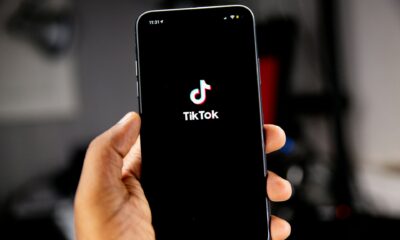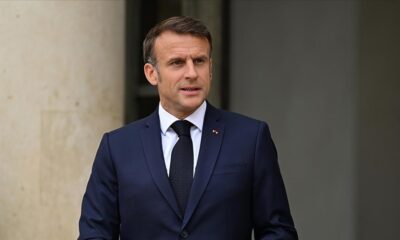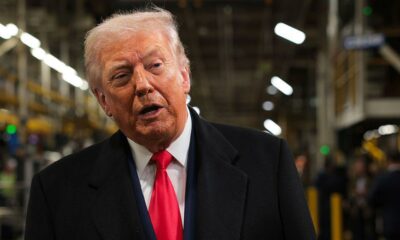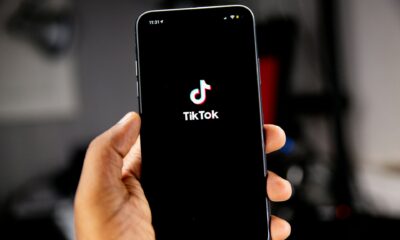News
TikTok Deal Stalls As US China Trade Tensions Play Out In Madrid
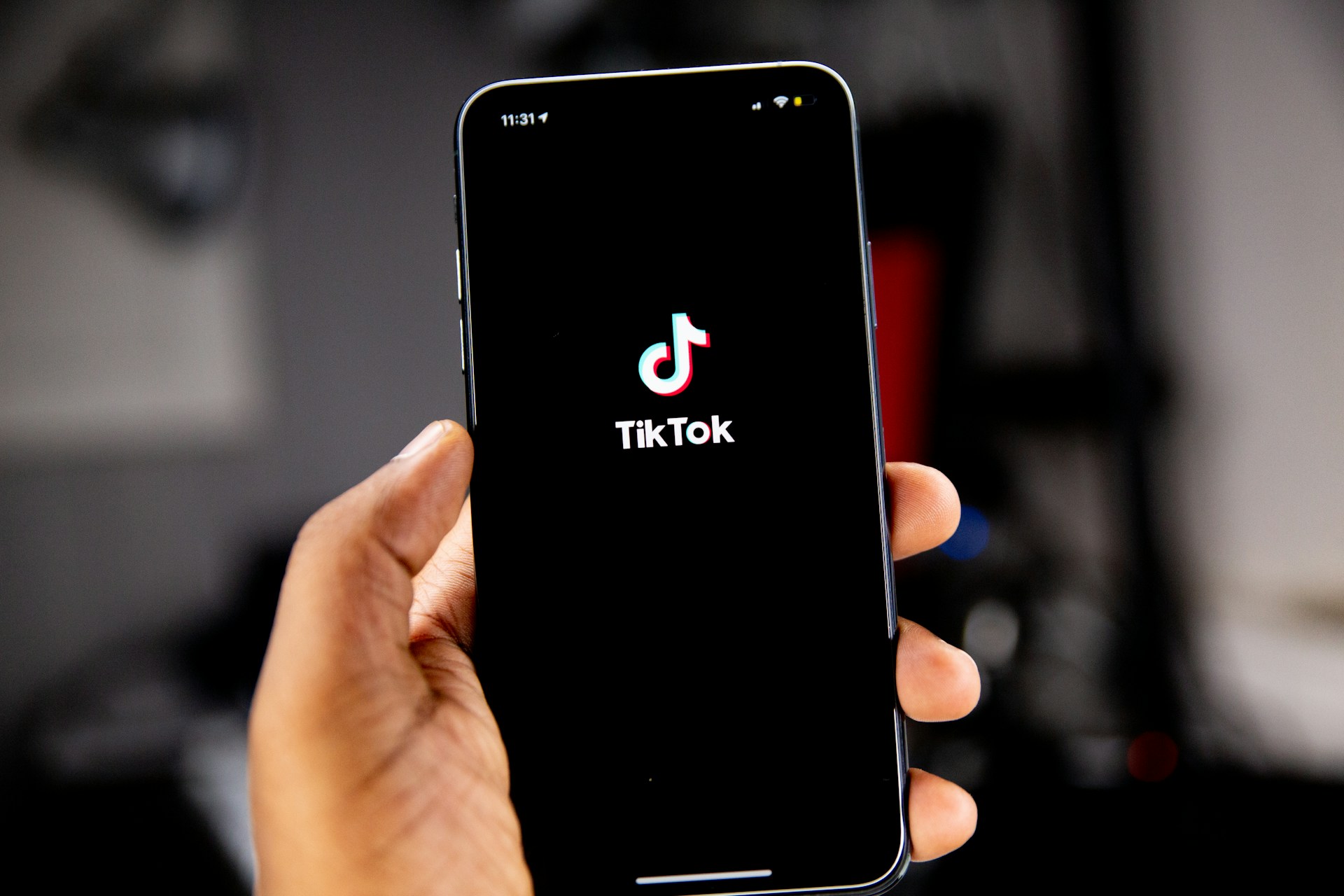
The future of TikTok in the United States hangs in the balance as American and Chinese negotiators wrapped up a tense second day of talks in Madrid. At the heart of the standoff is not just a social media app, but the wider struggle over trade, tariffs, and global influence.
Madrid Becomes The Stage For Global Power Plays
Inside Madrid’s ornate Palacio de Santa Cruz, US Treasury Secretary Scott Bessent and Chinese Vice Premier He led delegations through yet another round of discussions. Officially, the talks focused on TikTok’s divestment from its Chinese parent company ByteDance. Unofficially, it was clear the app is just one piece of a much bigger puzzle.
Washington insists TikTok must shift into US ownership by September 17 or face a nationwide ban. Beijing, meanwhile, is tying any deal to broader trade concessions, including relief from tariffs imposed by the Trump administration.
“This is not about sacrificing national security for a social media app,” Bessent told reporters, while acknowledging China’s “aggressive ask.”
Social Media Meets Global Trade
For ordinary TikTok users in the US and South Africa, the looming ban feels almost surreal. On platforms like X and Instagram, many are asking why politics should decide the fate of their favorite dance trends and comedy skits. “I just want to scroll in peace,” one user wrote, while another posted: “Why is TikTok being treated like nuclear codes?”
Yet beyond the memes lies a deeper reality: TikTok’s ownership touches raw nerves about data privacy, influence over younger generations, and the global balance of power in tech.
A History Of Trade Clashes
This isn’t the first time US-China relations have turned stormy. Since 2018, both sides have imposed tariffs worth hundreds of billions of dollars. China has even halted exports of rare earth minerals vital to US industries. The current round of talks follows a July truce in Stockholm, where both sides agreed to ease retaliatory tariffs for 90 days.
Now, experts believe the Madrid discussions are less about TikTok itself and more about setting the stage for a potential face-to-face meeting between Donald Trump and Xi Jinping. “Unless those two sit down, nothing big is going to happen,” explained William Reinsch of the Center for Strategic and International Studies.
Fresh Tensions On Chips And Sanctions
Adding fuel to the fire, China’s regulator announced a new probe into US chipmaker Nvidia this week, accusing it of breaching anti-monopoly laws. Many analysts see the move as retaliation against Washington’s curbs on China’s access to advanced chip technology.
Meanwhile, Beijing accused the US of “economic coercion” after Washington called on its allies to impose tariffs over Chinese purchases of Russian oil. The accusations sharpen the sense that Madrid is less about cooperation and more about a cold standoff.
What Comes Next?
The most likely short-term outcome is another extension of the September 17 deadline, delaying a definitive answer on TikTok’s future. Even Bessent admitted that progress on the technical side had been made, but “grinding through” broader issues would take far longer.
Still, both delegations continue to insist relations remain “very good at the highest levels.” Whether that optimism holds depends on whether the TikTok talks turn into a bargaining chip for wider trade deals or collapse under the weight of mistrust.
Source: SABC News
Follow Joburg ETC on Facebook, Twitter , TikTok and Instagram
For more News in Johannesburg, visit joburgetc.com



